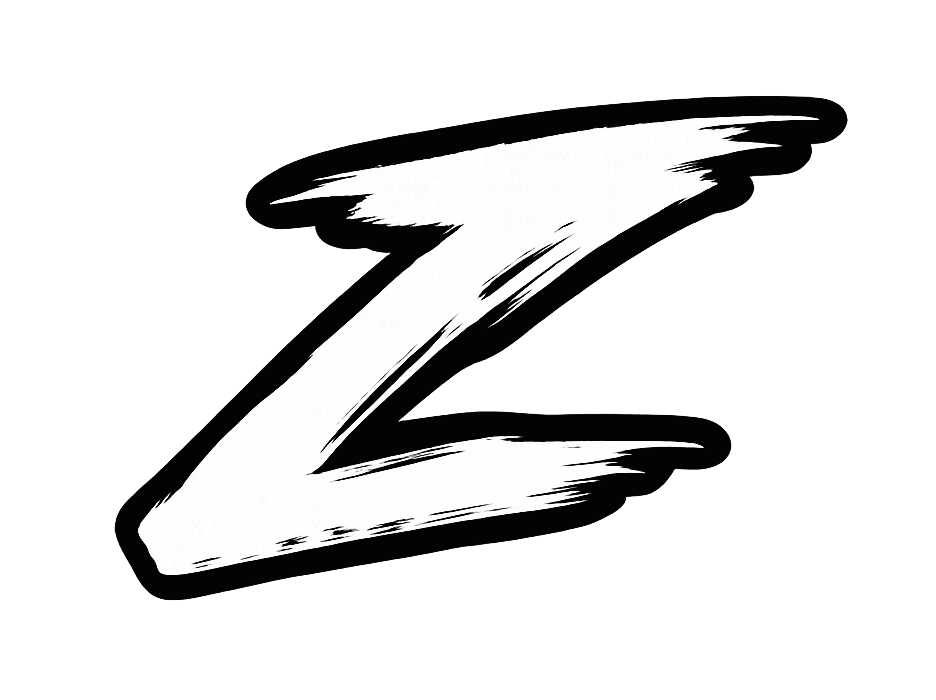In a world where artificial intelligence (AI) and design often exist in separate silos, two titans of innovation—Sam Altman and Jony Ive—have joined forces to challenge the status quo. Their mysterious new venture, io, has sparked global curiosity. Could this be the missing link between intuitive design and transformative AI? Let’s dive into the story behind this collaboration and what it means for the future of technology.

The Visionaries Behind io: A Match Made in Tech Heaven
Sam Altman and Jony Ive’s io: Sam Altman the AI Pioneer
As CEO of OpenAI, Sam Altman has redefined how humanity interacts with AI. From launching ChatGPT to advocating for ethical AI development, Altman’s work prioritizes accessibility and societal impact. His vision? A future where AI seamlessly integrates into daily life, enhancing productivity and creativity without overshadowing human agency.
Sam Altman and Jony Ive’s io: Jony Ive The Design Legend
Sir Jony Ive, Apple’s former Chief Design Officer, is the mind behind the iPhone, MacBook, and iPad—devices that revolutionized personal tech. At his design firm LoveFrom, Ive continues to champion simplicity, empathy, and “human-centered” innovation. His philosophy? Technology should feel inevitable, not intrusive.
Sam Altman and Jony Ive’s io: Why Their Partnership Matters
Altman’s AI expertise and Ive’s design genius create a rare synergy. As The Verge notes, their collaboration could bridge the gap between AI’s raw potential and its tangible, human-friendly applications.
Decoding Sam Altman and Jony Ive’s io: What We Know So Far
While details about io remain scarce, insider reports and patent filings hint at a groundbreaking AI hardware-software hybrid. Here’s the breakdown:
The Rumored Specs : Sam Altman and Jony Ive’s io:
- Ambient Computing: A device that blends into your environment, responding to voice, gestures, or context (think a spiritual successor to Ive’s work on the HomePod).
- AI Integration: Leveraging OpenAI’s models for real-time problem-solving, akin to a more intuitive ChatGPT meets Siri.
- Design Language: Sleek, minimalist, and tactile—a hallmark of Ive’s Apple legacy.
Industry Context: AI’s Hardware Problem
Most AI advancements live in the cloud, reliant on smartphones or laptops. Startups like Humane and Rabbit aim to change this, but their devices lack mainstream appeal. io could succeed where others struggle by combining Ive’s design ethos with Altman’s AI infrastructure.
The Intersection of AI and Design: Why Sam Altman and Jony Ive’s io: Could Redefine Both
Sam Altman and Jony Ive’s io: From Screens to Ambient Interaction
Ive’s disdain for screen-dominated tech is well-documented. io might prioritize voice, haptics, and environmental awareness, reducing dependency on displays. Imagine a device that anticipates your needs—ordering groceries when supplies run low or adjusting your home’s lighting based on mood.
Ethical AI by Design
Altman has long warned about AI’s risks. With io, he and Ive could embed ethical guardrails into the product’s core. For example:
- Privacy-First Architecture: Localized data processing to minimize cloud dependence.
- Transparent AI: Clear indicators when the device is active or collecting data.
Challenges Ahead Sam Altman and Jony Ive’s io: Can io Deliver on Its Promise?
Market Competition
io enters a crowded field:
| Competitor | Focus | Weakness |
|---|---|---|
| Humane Ai Pin | Wearable AI | Limited functionality |
| Rabbit R1 | Voice-controlled | Niche appeal |
| Meta Glasses | AR Integration | Privacy concerns |
Technical Hurdles
- Battery Life: Ambient AI requires constant sensor activity, which drains power.
- User Trust: Post-Cambridge Analytica, consumers are wary of always-listening devices.
The Funding Puzzle
Reports suggest Altman and Ive are seeking $1 billion in funding, with SoftBank as a potential backer. But securing investment for an unproven category is risky, especially amid AI’s “overhyped” label.
The Future of io: Predictions and Possibilities
Scenario 1: The Next iPhone Moment
If io nails the hardware-software blend, it could spawn a new product category—a gateway to ambient computing. Think: controlling smart homes, managing schedules, or even tutoring kids, all through intuitive interactions.
Scenario 2: A Niche Experiment
Alternatively, io might cater to early adopters, like Tesla’s first Roadster. Even if it doesn’t go mainstream, it could push rivals like Google or Amazon to innovate.
Conclusion: Why Sam Altman and Jony Ive’s io Matters Beyond Hype
Sam Altman and Jony Ive introduced io not just as a product, but as a statement: AI’s future must be designed, not just engineered. By marrying ethical AI with empathetic design, they’re challenging an industry obsessed with scale over substance.
Whether io succeeds or fails, its legacy will lie in reimagining how humans and machines coexist. As Altman once tweeted, “The best way to predict the future is to create it.” With io, that future might be closer than we think.
What’s your take on io? Could it revolutionize tech, or is it another overhyped gadget? Share your thoughts below—and don’t forget to subscribe for updates on this groundbreaking project!
Explore OpenAI’s latest advancements here
Sources
- OpenAI: https://openai.com
- ChatGPT: https://openai.com/chatgpt
- The Verge’s coverage of Altman-Ive collaboration: https://www.theverge.com/
- LoveFrom (Jony Ive’s design firm): https://www.lovefrom.com
- Humane Ai Pin: https://hu.ma.ne
- Rabbit R1: https://www.rabbit.tech
- Meta Glasses: https://about.meta.com
- SoftBank’s investment reports: https://www.ft.com
- Sam Altman’s ethical AI advocacy: https://twitter.com/sama
- Apple’s HomePod: https://www.apple.com/homepod
